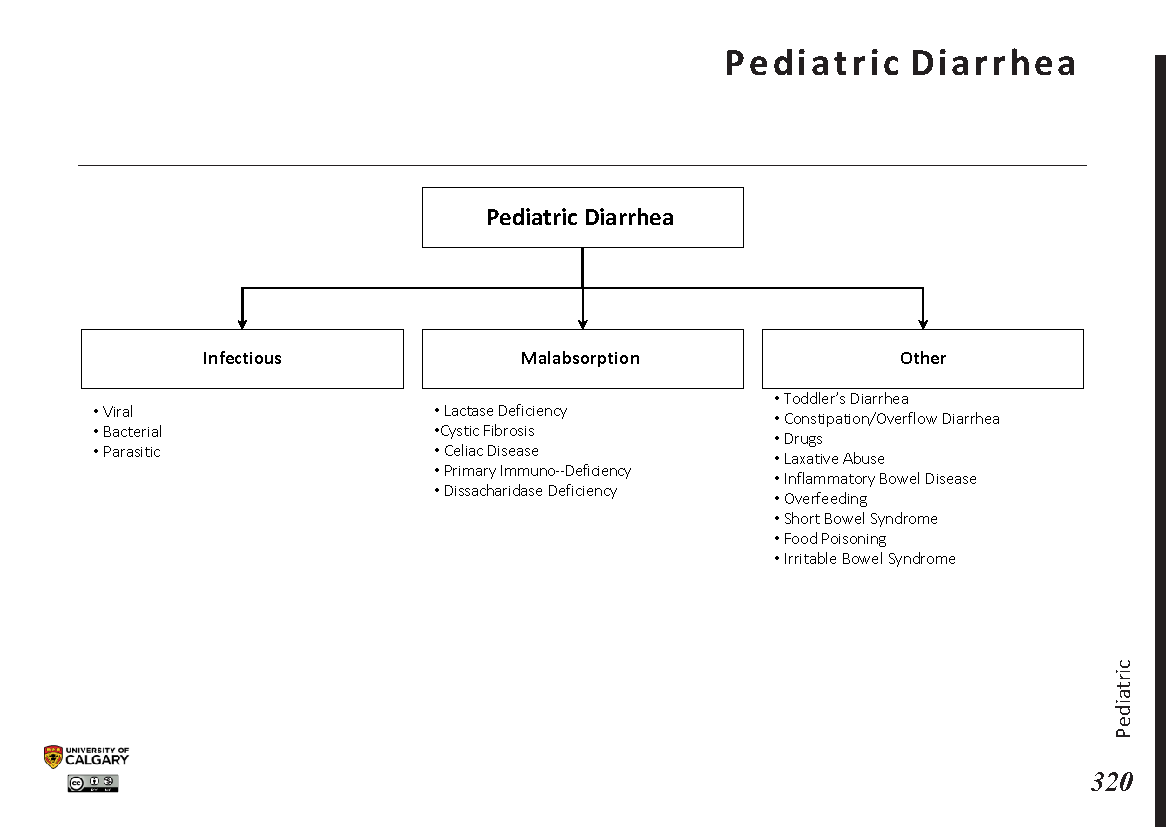

Deficits of individual functional components of the continence mechanism can be partially compensated for a certain period, until the compensating components themselves fail. Up to 80% of people may have more than one abnormality that is contributing. Usually, it is the result of a complex interplay of several coexisting factors, many of which may be simple to correct. Causes įI is a sign or a symptom, not a diagnosis, and represents an extensive list of causes. Relationships, social activities and self-image likewise often suffer. Travel may be affected, requiring careful planning. Physical activity such as shopping or exercise is often affected.
#OVERFLOW DIARRHEA CURE SKIN#
Physical symptoms such as skin soreness, pain and odor may also affect quality of life. Some patients cope by controlling their emotions or behavior. Emotional effects may include stress, fearfulness, anxiety, exhaustion, fear of public humiliation, feeling dirty, poor body image, reduced desire for sex, anger, humiliation, depression, isolation, secrecy, frustration, and embarrassment.

#OVERFLOW DIARRHEA CURE PROFESSIONAL#
įI affects virtually all aspects of peoples' lives, greatly diminishing physical and mental health, and affecting personal, social, and professional life. Health care professionals are often poorly informed about treatment options, and may fail to recognize the effect of FI. Management may be achieved through an individualized mix of dietary, pharmacologic, and surgical measures. More than 50% of hospitalized seriously ill patients rated bladder or fecal incontinence as "worse than death". People may be too embarrassed to seek medical help and attempt to self-manage the symptom in secrecy from others.įI is one of the most psychologically and socially debilitating conditions in an otherwise healthy individual and is generally treatable. FI is an example of a stigmatized medical condition, which creates barriers to successful management and makes the problem worse. There is often reduced self-esteem, shame, humiliation, depression, a need to organize life around easy access to a toilet, and avoidance of enjoyable activities. įecal incontinence has three main consequences: local reactions of the perianal skin and urinary tract, including maceration (softening and whitening of the skin due to continuous moisture), urinary tract infections, or decubitus ulcers (pressure sores) a financial expense for individuals (due to the cost of medication and incontinence products, and loss of productivity), employers (days off), and medical insurers and society generally ( health care costs, unemployment) and an associated decrease in quality of life. A prevalence of 8.39% among non-institutionalized U.S adults between 20 has been reported, and among institutionalized elders figures come close to 50%. However, reported prevalence figures vary. An estimated 2.2% of community-dwelling adults are affected. The most common causes are thought to be immediate or delayed damage from childbirth, complications from prior anorectal surgery (especially involving the anal sphincters or hemorrhoidal vascular cushions), altered bowel habits (e.g., caused by irritable bowel syndrome, Crohn's disease, ulcerative colitis, food intolerance, or constipation with overflow incontinence). Continence is maintained by several interrelated factors, including the anal sampling mechanism, and incontinence usually results from a deficiency of multiple mechanisms. Incontinence can result from different causes and might occur with either constipation or diarrhea. FI is a sign or a symptom, not a diagnosis. When this loss includes flatus (gas), it is referred to as anal incontinence.

Faecal incontinence, bowel incontinence, anal incontinence, accidental bowel leakageĪ diagram showing normal anatomy of the anal canal and rectum.įecal incontinence ( FI), or in some forms encopresis, is a lack of control over defecation, leading to involuntary loss of bowel contents, both liquid stool elements and mucus, or solid feces.


 0 kommentar(er)
0 kommentar(er)
